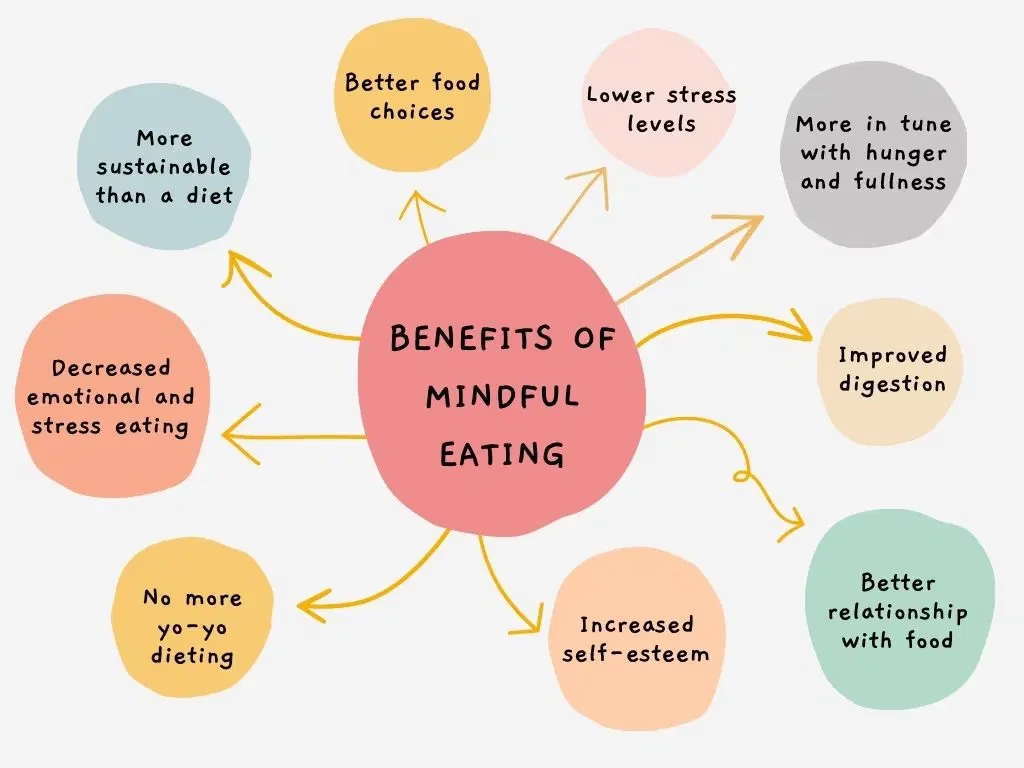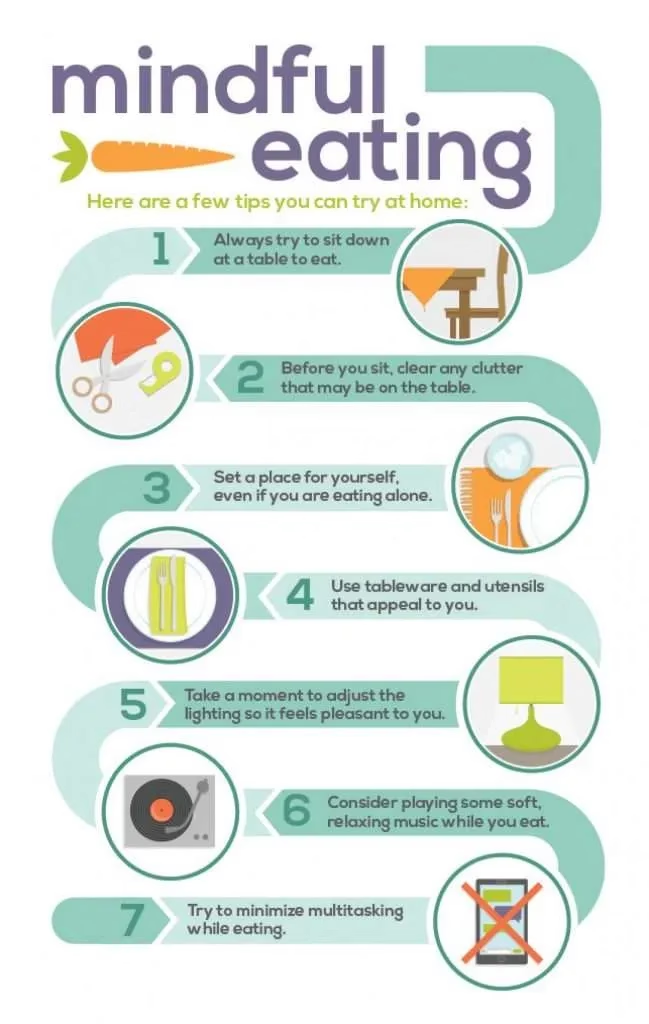In today’s fast-paced world, stress seems to be an unavoidable part of life. From work deadlines to personal responsibilities, stressors are everywhere, often leading to unhealthy eating habits that can further exacerbate stress levels. However, by adopting mindful eating strategies, you can turn mealtime into a sanctuary of peace and clarity, helping to alleviate stress and promote overall well-being.
The Science Behind Stress and Eating

When you’re stressed, your body releases stress hormones like cortisol, DHEA, and adrenaline, which can affect your metabolism and lead to weight gain. These hormones increase your appetite and cravings for high-calorie foods, often referred to as “comfort foods.” Understanding this physiological response is the first step in reclaiming control over your eating habits and reducing stress.
The Benefits of Mindful Eating

Mindful eating is a powerful tool that can help you break the cycle of stress eating. By paying attention to your body’s hunger cues and savoring every bite, you can foster a healthier relationship with food. Some benefits of mindful eating include:
- Improved Digestion: Eating slowly and mindfully allows your body to properly digest food, reducing digestive issues such as bloating and discomfort.
- Balanced Metabolism: By reducing cortisol levels, mindful eating can help stabilize your metabolism, aiding in weight management.
- Enhanced Enjoyment: Savoring each bite increases your overall satisfaction with meals, making you less likely to overeat.
Strategies for Mindful Eating

Implementing mindful eating can seem daunting, but it begins with simple, intentional steps. Here are some strategies to guide you on this transformative journey:
Create a Calm Environment
The ambiance of your eating environment can significantly impact your eating habits. To promote mindful eating:
- Eliminate distractions such as TVs and smartphones to focus solely on your meal.
- Set the table with care, perhaps lighting a candle or playing soft music to create a soothing atmosphere.
Engage Your Senses
Paying attention to the sensory aspects of food can elevate your eating experience. Consider the following:
- Visual Appeal: Notice the colors and presentation of your meal.
- Aromas: Take a moment to inhale the aroma of your food before you begin eating.
- Texture and Taste: Focus on the texture and taste of each bite, chewing slowly to appreciate the flavors fully.
Listen to Your Body
Your body is a sophisticated system with its own hunger and fullness cues. By tuning into these signals, you can eat more mindfully:
- Start eating when you are moderately hungry, not ravenous.
- Pause during your meal to assess your level of fullness.
- Stop eating when you feel satisfied, not stuffed.
Final Thoughts

Incorporating mindful eating strategies into your daily routine can profoundly impact your stress levels and overall health. By prioritizing each meal as an opportunity for mindfulness, you pave the way for a balanced life. For more insights on stress management and wellness, explore our educational articles and wellness tips to enhance your journey toward a healthier, more peaceful lifestyle.
